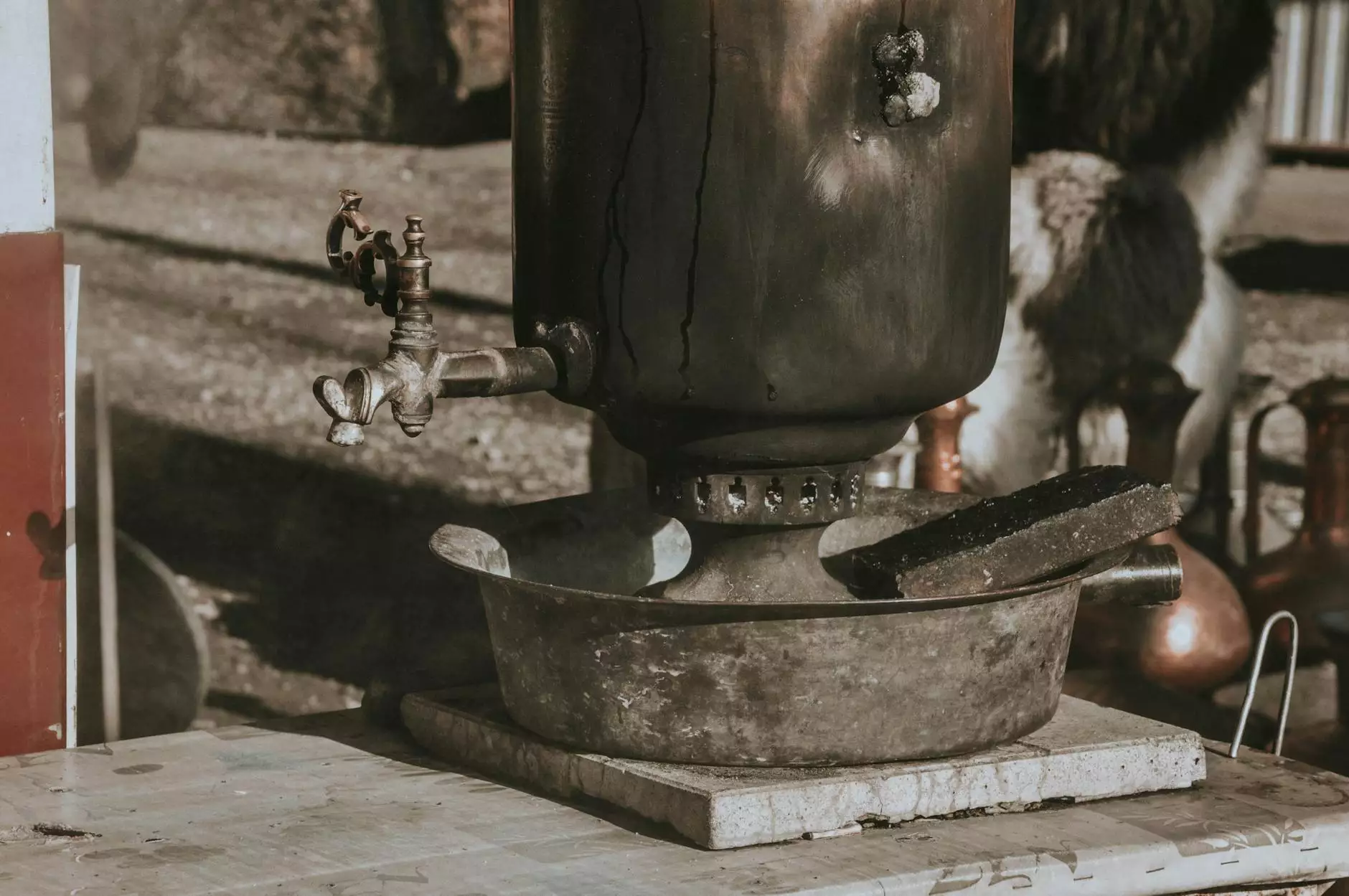Industrial Boiler Water Treatments: Essential Services for Optimal Performance

In the industrial world, boiler systems play a critical role in ensuring that processes run smoothly. They provide heat for various applications, from manufacturing to energy production. However, as with any complex system, maintaining the integrity and efficiency of industrial boilers is paramount. Enter the realm of industrial boiler water treatments—a field that combines chemistry, engineering, and professionalism to provide essential services designed to keep boilers operating at peak performance. Below, we’ll delve into why these treatments are crucial, how they work, and what businesses like bimakskimya.com.tr offer in terms of water purification services.
The Importance of Industrial Boiler Water Treatments
Water quality is one of the most critical factors in boiler performance. Poor water quality can lead to numerous issues, including scaling, corrosion, and operational inefficiencies. Here are some key reasons why industrial boiler water treatments are essential:
- Prevent Scaling: Hard water contains minerals such as calcium and magnesium, which can form deposits inside the boiler, leading to decreased efficiency and increased energy costs.
- Avoid Corrosion: Corrosive agents in water can rapidly deteriorate boiler components. Effective treatments neutralize these agents to prolong the lifespan of the equipment.
- Improve Energy Efficiency: Clean water ensures more efficient heat transfer within the boiler, leading to lower operational costs and reduced energy consumption.
- Enhance Safety: Properly treated water minimizes the risk of failures and accidents, ensuring a safer working environment for industrial personnel.
Types of Industrial Boiler Water Treatments
Industrial boiler water treatments encompass a variety of methods and chemical processes. The type of treatment required depends on the specific conditions of the boiler and the quality of the feedwater. Here, we discuss some common types of treatments:
Softening
Water softening is a process that removes hard water minerals to prevent scale buildup. This can be achieved through:
- Ion Exchange: A widely used method where calcium and magnesium ions are exchanged for sodium ions.
- Reverse Osmosis: This technique uses a semi-permeable membrane to remove impurities from water, including hardness.
pH Control
Maintaining an optimal pH level is crucial for preventing corrosion and scaling. pH control involves adding chemicals such as:
- Alkali Agents: These neutralize acidity in water.
- Acid Agents: Occasionally used to combat alkaline conditions in specific scenarios.
Oxygen Scavenging
Oxygen is a major contributor to corrosion in boilers. Oxygen scavengers, typically chemicals like hydrazine or sulfite, are added to the feedwater to eliminate dissolved oxygen.
Separator Treatments
These treatments assist in managing suspended solids in the boiler water, which can hinder performance. Common practices include:
- Filtration: Using filters to capture solid impurities.
- Coagulation: Adding chemicals that cause small particles to aggregate into larger clusters, which can then be removed more easily.
Benefits of Industrial Boiler Water Treatments
Investing in industrial boiler water treatments provides several benefits that go beyond mere state compliance; these approaches yield significant operational, safety, and financial impacts:
Cost Savings
By minimizing scaling and corrosion, businesses can significantly reduce repair and maintenance costs over the lifetime of the equipment. A well-maintained boiler operates more efficiently, which leads to:
- Lower fuel consumption.
- Reduced emissions and environmental impact.
Increased Equipment Longevity
Regular treatments extend the lifespan of boiler systems by reducing the wear and tear typically associated with poor water quality. This can delay or eliminate the need for costly replacements or upgrades.
Enhanced Performance
Optimal water quality means that boilers can maintain their designed output and performance levels, ensuring that industrial processes can operate without delays or disruptions.
The Role of Bimakskimya in Industrial Boiler Water Treatments
Bimakskimya specializes in providing top-tier water purification services, which include a focus on industrial boiler water treatments. Their expertise covers various aspects of water treatment, ensuring that clients receive comprehensive services tailored to their specific needs. Here’s how Bimakskimya excels in this domain:
Customized Treatment Solutions
Every industrial facility has unique boiler systems and water characteristics. Bimakskimya analyzes conditions to provide tailored treatment solutions that align with operational goals.
Advanced Technology
Utilizing modern water treatment technologies ensures that clients benefit from the latest advancements in the field. Bimakskimya incorporates innovative solutions to maintain and enhance boiler efficiency.
Expert Consultation and Support
With a team of knowledgeable professionals, Bimakskimya offers ongoing support and consultation. They guide clients in understanding their treatment options and operational best practices.
Conclusion: The Future of Industrial Boiler Water Treatments
As industries evolve and face new challenges, the significance of industrial boiler water treatments will remain steadfast. Effective water management practices will be fundamental in achieving operational efficiency and improving sustainability. Businesses that prioritize water treatment will manifest not only in their bottom lines but also in their environmental responsibilities. With partners like bimakskimya.com.tr at hand, companies can ensure they leverage the best practices in water purification and boiler management, paving the way for an efficient and sustainable industrial future.
For a detailed consultation on how industrial boiler water treatments can benefit your business, reach out to us at Bimakskimya. Together, let’s ensure your operations run smoothly and efficiently.



